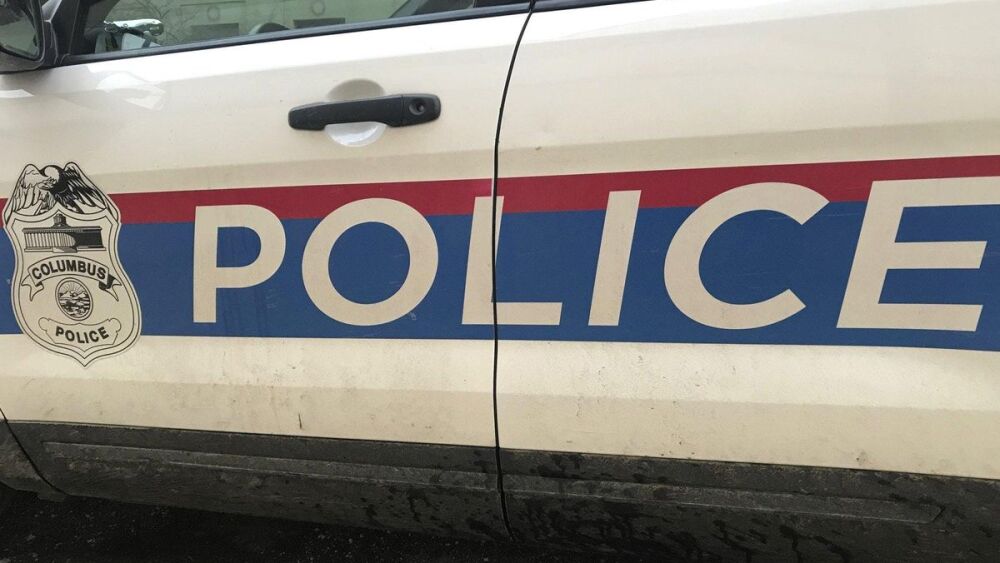Bill Bush
The Columbus Dispatch
COLUMBUS, Ohio — A part-time pilot program aimed at reducing Columbus police response to non-threatening calls involving mental health, drug addiction or other social issues is showing promising early results, Mayor Andrew J. Ginther said Thursday.
The Alternative Response Pilot Program, which aims to provide “more robust and precise emergency-response experiences citywide while reducing reliance on city police and fire in matters where other city or social services are better suited to resolve the situation,” has only been up and running on a limited basis for about a month, after an initial two-week training period.
The program, one of a number of changes that swept across the city in the wake of anti-police protests and riots last year, involves an imbedded “Triage Pod” consisting of a social worker, emergency communications dispatcher and paramedic in the 9-1-1 dispatch center to triage calls involving mental health, addiction and other social determinants of health.
While operating only from noon to 4 p.m. Mondays through Fridays for 18 days between June 8 and July 2, the pilot handled 56 incidents, or about 1 every hour and 15 minutes on average. Of those calls, all were resolved with no uses of force, and almost half were handled without any police or fire personnel on the scene.
“Our plan is to use this pilot - grow this pilot,” Ginther said during a press conference Thursday, adding that over the next year the city will add more pod members and expand the hours and days it’s in operation.
The city now knows the program can work, Ginther said, which will allow the Division of Police to devote its resources to calls more aligned with officers’ training and mission.
“This program is still new, and our data sample is still limited, but the data we do have paints a promising and compelling picture,” Ginther said. "...These preliminary results, if we could get 5, 10, potentially 15% of the calls that come into 911 dispatch this type of response ... that many more law enforcement and police resources we could dedicate to those other calls for service where life and safety are at risk.”
Robert Lowe, who is an EMS physician and medical director for the Columbus Division of Fire, said the pilot delivered “a much more clinically appropriate response” than the standard practice of police officers alone assessing the situation, and allowed for a “more therapeutic relationship” in interacting with the subjects of the calls.
Keeping the pod members safe while responding to calls is still a priority. Calls have varied from just people experiencing stress, in need of medication, “it could be any number of things,” Lowe told The Dispatch after the press conference at Columbus Public Health headquarters Downtown.
“It kind of happens in a couple of stages,” Lowe explained. “The first is that call-taking, working the call with the clinician, helps identify a lot of that, and there’s several different triggers within protocol. One is that (the subjects of the calls are) not a danger to themselves or someone else,” while the subjects also need to display the mental capacity that they understand the situation and options being offered.
If it is ultimately determined that the pod needs police assistance, officers can respond, Lowe said. “Our crews can work through those details to determine if someone has the ability to refuse ... and then mobilize whatever additional resources they need,” he said.
When calls required a law enforcement response, the pod actively communicated with first responders, providing de-escalation and pre-arrival information to help ensure a successful outcome, officials said.
Those additional resources still may not involve the police, but rather the Alcohol, Drug and Mental Health Board of Franklin County.
(c) 2021 www.dispatch.com


